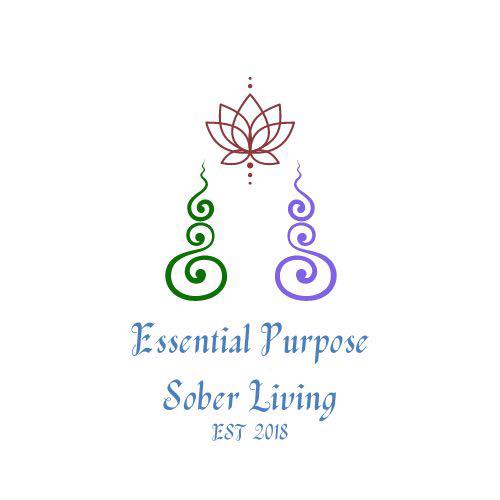Navigating Triggers in Early Recovery: Strategies for Sober Living Residents
Navigating triggers is an important component of early addiction recovery. By identifying personal triggers and developing strategies for managing them, individuals in sober living communities can maintain sobriety and develop a stronger foundation for a healthy and fulfilling life in recovery.
One effective strategy for navigating triggers in early recovery is to identify personal triggers and develop coping strategies for managing them. This might involve developing a list of personal triggers, and identifying strategies for managing each one, such as engaging in physical activity, practicing mindfulness, or seeking support from others.
Another effective strategy is to develop a relapse prevention plan that includes strategies for managing triggers and maintaining sobriety. This might involve developing a personalized plan for managing stress and cravings, identifying supportive resources and relationships, and creating a routine that supports sobriety and overall wellbeing.
Overall, navigating triggers in early recovery requires a personalized approach that addresses each individual’s unique needs and challenges. By identifying personal triggers, developing coping strategies for managing them, and creating a relapse prevention plan that supports sobriety and overall wellbeing, individuals in sober living communities can build a strong foundation for a healthy and fulfilling life in recovery.

